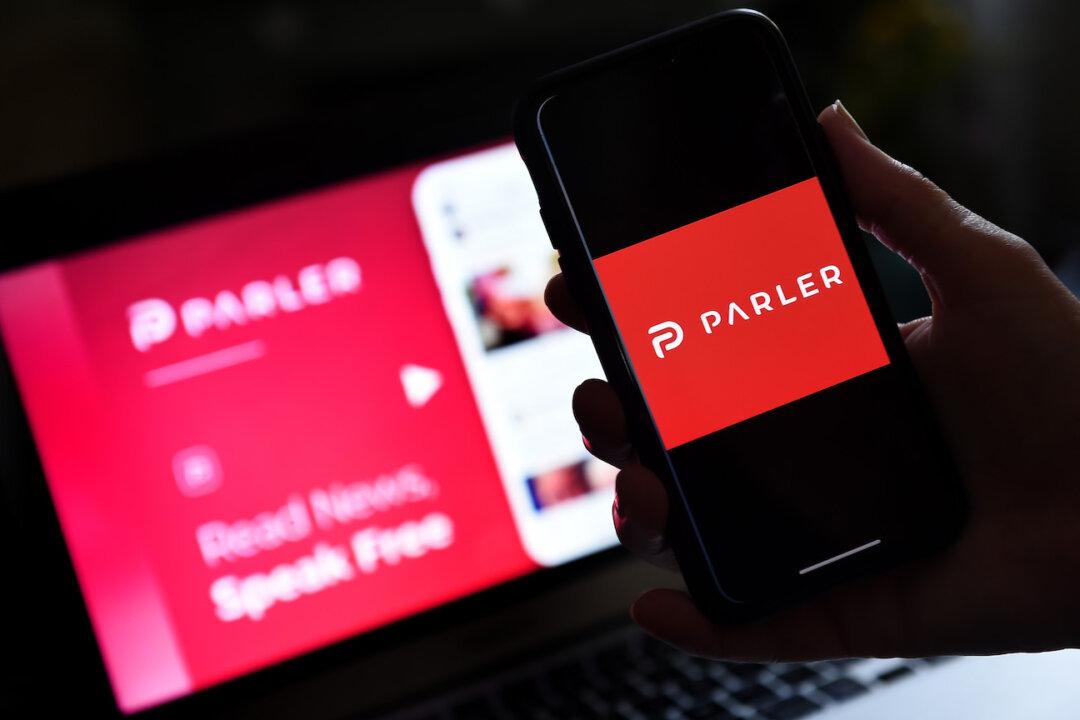The CEO of Parler, John Matze, on Tuesday denied viral rumors that the social media platform had been hacked, saying that “all allegations are fake” and that its critics “are just obsessed with us.”
Rumors that Parler, which has been described as an alternative to Twitter, trended on Twitter Tuesday under “#ParlerHacked” after a screenshot claiming to be of the app database surfaced online, purportedly showing that the site had been hacked.





